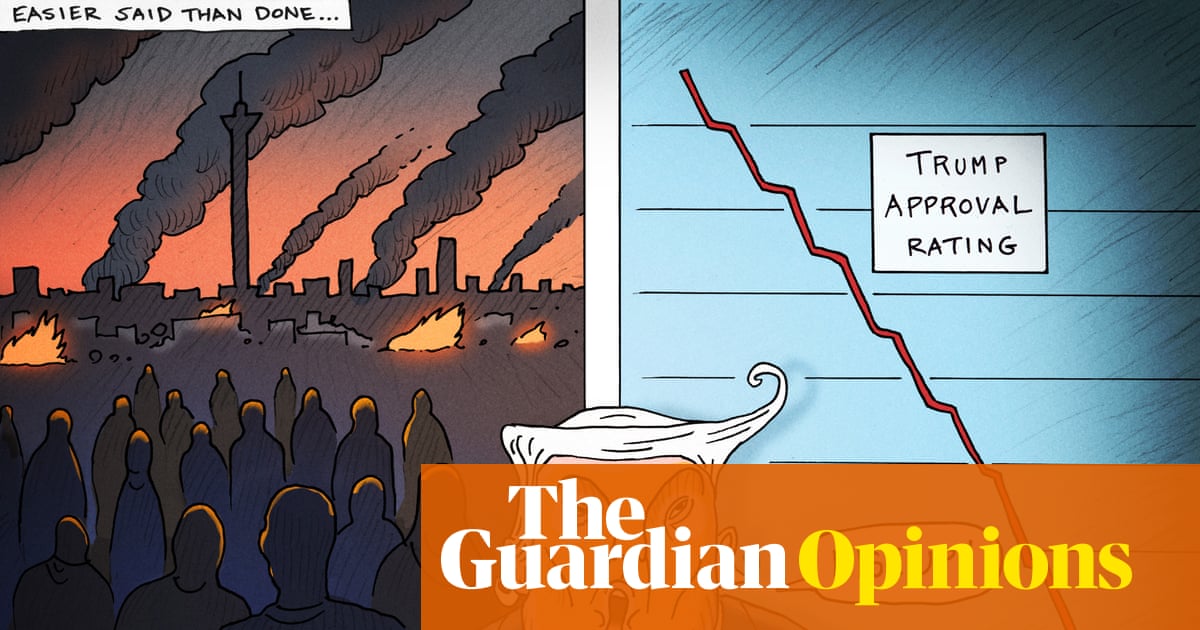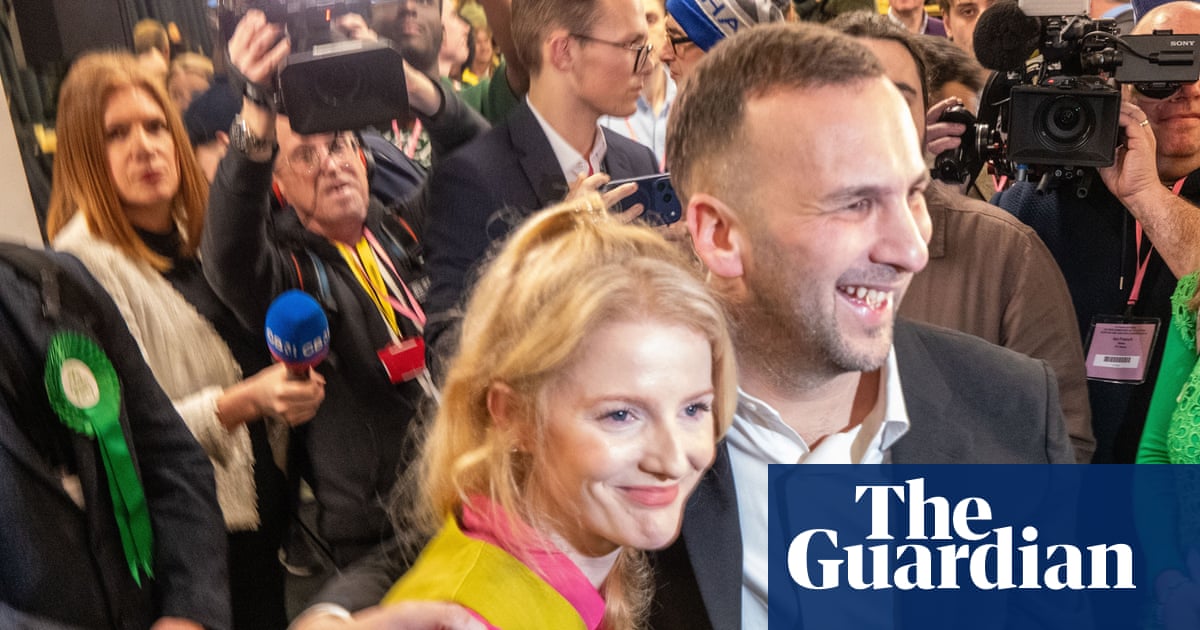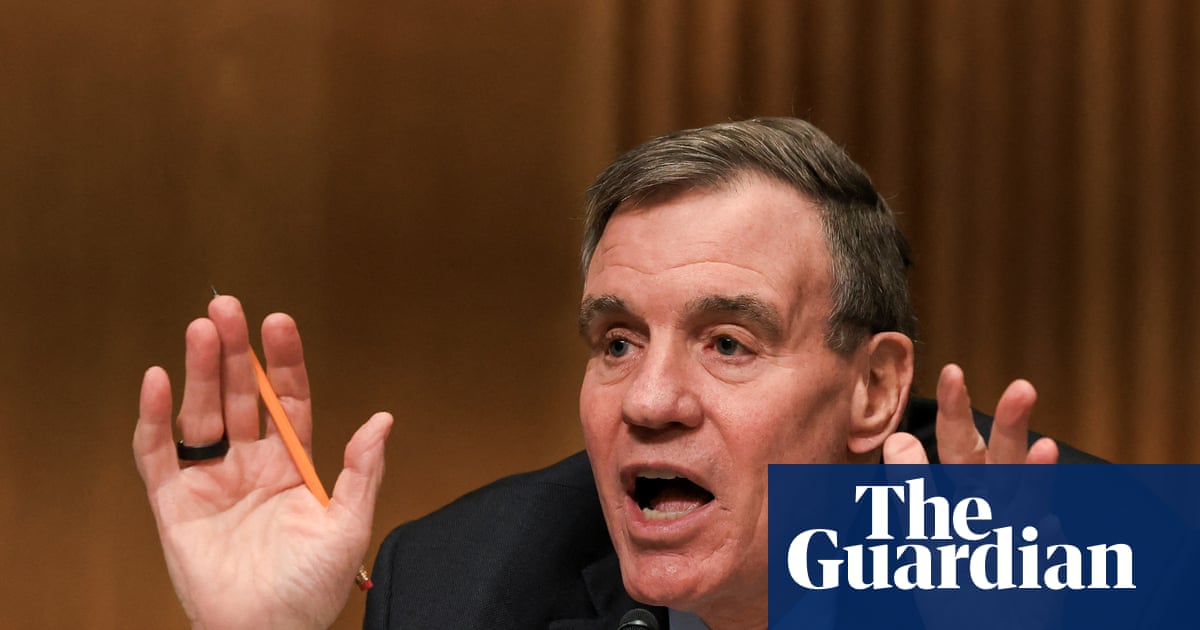It may not feel that way, but these are pivotal weeks in modern British, and perhaps also modern European, politics. I do not know whether the ink is yet dry on the final draft of Rachel Reeves’s 26 November budget, let alone know what measures it will contain. But I do know that this budget matters more than any other in recent times.
Reeves would not have made her Downing Street speech on Tuesday simply to trail a business-as-usual package. The inevitable inference is that she plans a moment of enforced but necessary departure from tradition. The outcome, whether success or failure, will surely reshape politics for years to come.
The heart of the story on 26 November, although emphatically not the whole of the story, should be income tax. Income tax is key to the public finances and to the redistribution of wealth by the state. It will always be the principal embodiment of Oliver Wendell Holmes junior’s totemic dictum that “taxes are the price we pay for a civilised society”. But no chancellor has raised the income tax base rate since Labour’s Denis Healey raised it from 33% to 35% in 1975 (he then cut the rate in 1977 and 1978, but we don’t hear so much about that).
That 50-year arc is no historic accident. The past five decades have been the Margaret Thatcher-defined years of lower personal taxes, privatisation and state cutting. In those years, income tax has become totemic in another way, as the embodiment of the possessive individualism unleashed by the state’s tactical withdrawal from the work of civilisation strengthening and nation sustaining. Today, the base rate is 20%. The direct consequence of this is the broken Britain that Reeves is struggling to mend.
If Reeves raises income tax in three weeks’ time – which I devoutly hope she will, among many other radical tax changes and balancing reforms – there will be some almighty rows. The Thatcherite true believers will be scandalised. The press will be at its most sanctimonious. Labour MPs in marginal seats will be scared. We should not underestimate the power of all this. Middle-class voters would have to tighten their belts.
At the same time, it is important to hold the line about why this is so necessary. Any rise in income tax will inevitably be widely depicted by its enemies as proof of the Labour government’s economic management failure. But the far more fundamental historical failure will be that of Thatcherism. It cannot be said too often that cutting the state and reducing personal taxes have created the problems that Reeves is tasked with fixing. Either way, it is a massive moment.
This does not mean that the answer is to return to the big government statism of the pre-Thatcher era. Absolutely not. The old smokestack Britain was badly broken too, and Thatcher was elected three times for some understandable reasons. There is no going back. The answer, if our weakened politics can rise to the occasion, can only be a new and rebalancing settlement.
The question facing Reeves is how far the departure should be fundamental and how far a fudge. Common sense – and Reeves’s record – suggests it will be a mix, since not even a strong government, which this one is not, can advance on all fronts simultaneously. Get ready for compromises and trade-offs. But don’t reflexively make the best the enemy of the good, although some will.
Labour has made things far more difficult for itself by its extraordinary failure to see that what is now unavoidable in November 2025 was also unavoidable in July 2024 – and to have failed to make this the centrepiece of its election story to the voters. Even so, if ever there was a moment when Danton’s call for de l’audace, encore de l’audace, toujours de l’audace (“audacity, more audacity, ever more audacity”) applied in our statecraft, it is now.
after newsletter promotion
Two umbilically connected issues will show whether Reeves can carry the day. The first is whether necessary rises in personal taxes can be clearly buttressed by other measures that directly reduce the cost of living for low and middle earners (the wider lesson from Zohran Mamdani’s New York victory, perhaps). The second is whether the Labour party is capable of reforming the public sector, including the welfare system, education and the health service, and controlling costs. Failure to do this, remember, was what eventually brought Labour down in the 1970s and opened the door to Thatcher. Much will depend on the unions, which learn few lessons.
Whatever the outcome, this is a moment pregnant with political risk as well as opportunity. The state is dysfunctional – the humiliating news of another incorrectly released prisoner on Wednesday seeps seamlessly into other simmering doubts. Labour is unpopular. Politicians are mistrusted. For Reeves to bet the farm on the apparent conviction that voters are prepared to pay higher taxes for better public services in such circumstances will seem bold to some, folly to others, and both to many. The budget could all go horribly wrong, economically and politically.
It may be tempting to see this week’s US contests and last week’s Dutch elections as a sign that opinion is changing. But it is a stretch to say a narrow victory for Dutch centrists over the anti-migrant populist Geert Wilders gives Reeves permission to raise personal taxes in Britain. A grimmer conclusion is that, when populists win power, they cannot deliver, so are replaced by centrist technocrats, who can’t deliver either, leading to a swing back to the populists. If that gloomy analysis, floated by the Financial Times columnist Gideon Rachman this week, is indeed the new paradigm, Reeves may take some bold and necessary risks in the budget, but they will not save Labour from Nigel Farage.
-
Martin Kettle is a Guardian columnist

.png) 3 months ago
71
3 months ago
71

















































